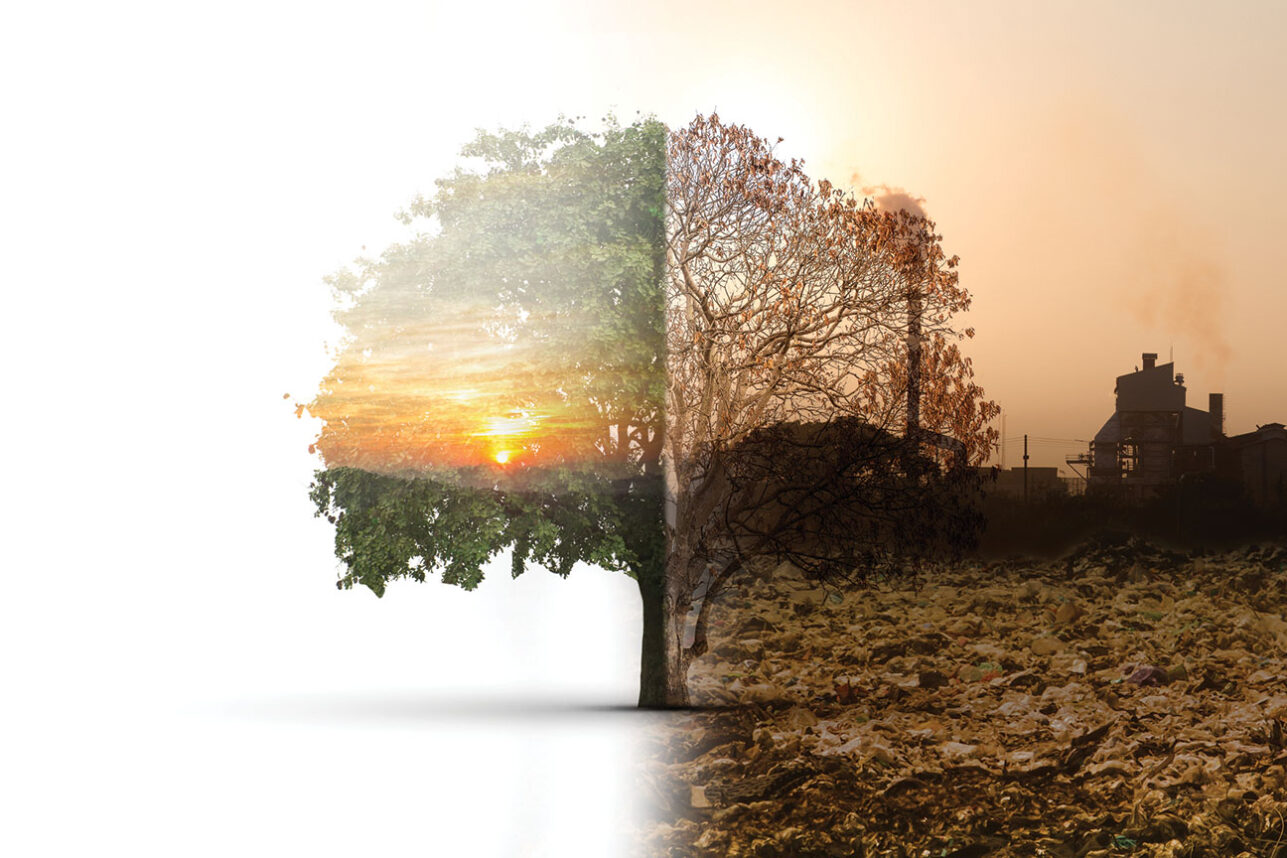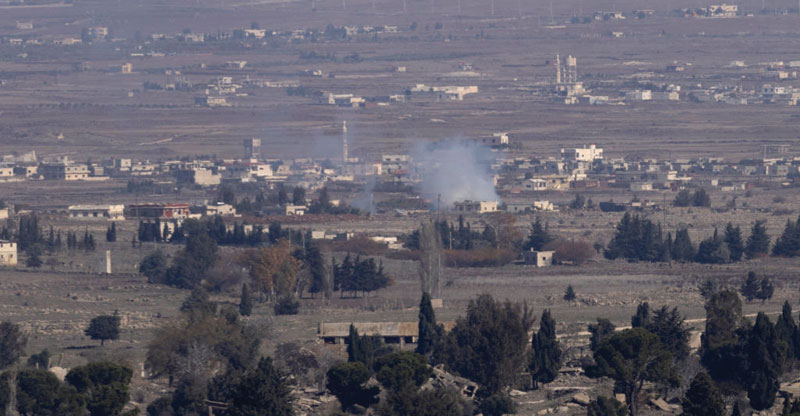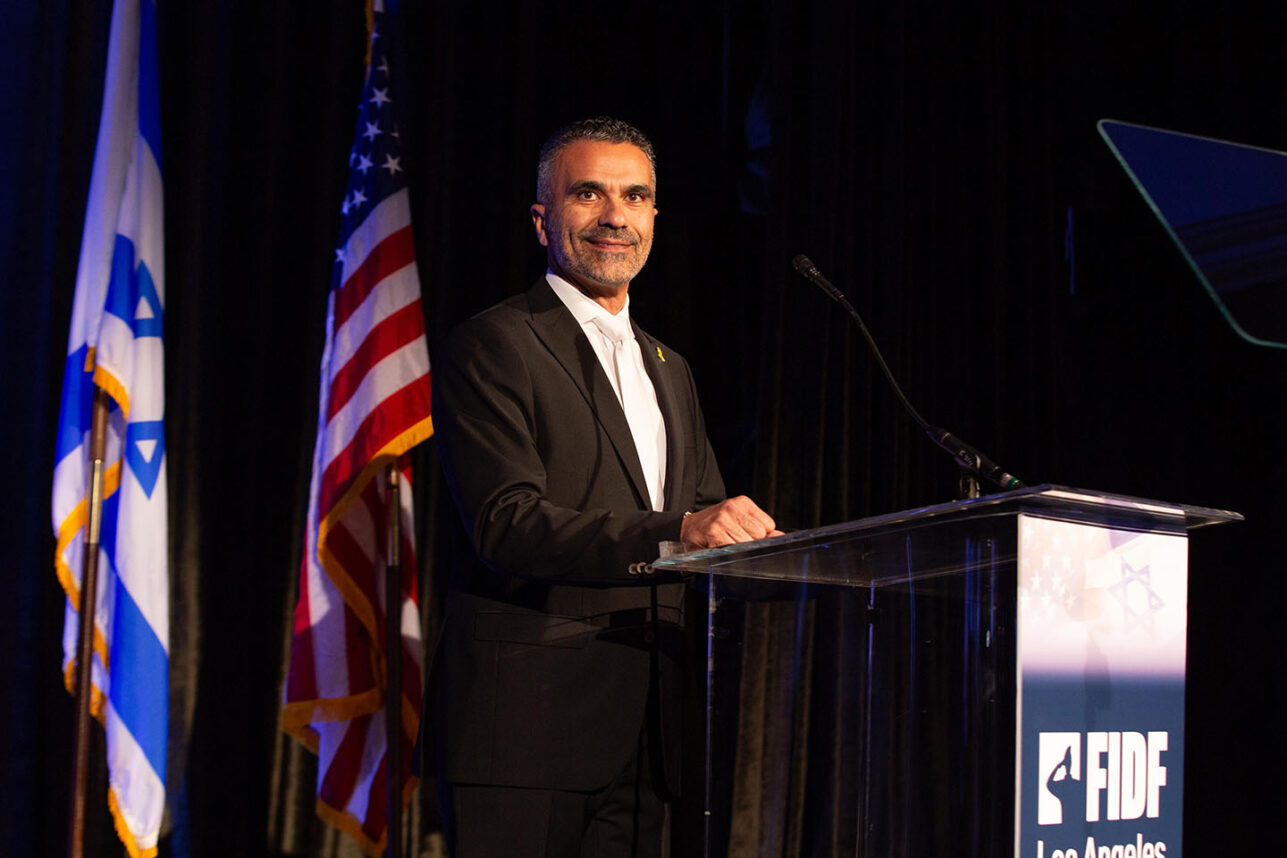Eran Shalev is a Professor of History at Haifa University. A former Fulbright scholar who received his PhD from Johns Hopkins University, Shalev has written and published extensively on American History and is an International Contributing editor of The Journal of American History. The Following exchange will focus on his new book 'American Zion: The Old Testament as a Political Text from the Revolution to the Civil War' (Yale University Press, 2013).
Part 1 and 2 of the exchange can be found here and here.
Dear Professor Shalev,
In our first round we (you, that is) compared between the role of the old testament in early day America and between what we see today. For our final question I'd like to ask you to explore another comparison I found myself thinking about when reading your book- between early America and the modern Zionist state.
In round two (and in your book, of course) you described a startling consensus among early Americans about how America is, in this way or another, a kind of 'new Israel'. The idea that an entire society, including many non-religious free thinkers, would find consensus in something so- well- fantastical, the idea of a whole country absorbed in such uniform, almost messianic, vigor and myth is almost unthinkable (and might even be a troubling notion for some people with strong pluralistic proclivities).
That being said, both you and I live in a country which presents itself, even more explicitly, as a revival of ancient Israel (it is even named after it!). And while today Israeli society- or at least large parts of it- is growing more critical toward the early Zionist myths, in the early days of Israel, until fairly recently, it would have been almost blasphemous, even among staunch secular Kibbutz members, to question the deep connection between Old testament Israel and the modern 'miracle' of modern Israel.
Now, in a country which is constantly asking itself exactly how much religion and myth it needs in its public sphere- a country in which the line between Jewish/Zionist mythology and nationalistic zeal is sometimes blurry- what can we learn from the American story? On the one hand, urging everyone to acknowledge that Israel is 'a great miracle' seems a tad rigid-minded and undemocratic; on the other hand, if it worked for the founding fathers of the greatest democracy on earth… What can your book teach us about the relation between national myths, pluralism, and democracy?
I'm looking forward to reading your thoughts. Thanks again for your book and for your responses.
Shmuel.
Dear Shumel,
You describe the notion of early Americans believing that their nation was a revival of biblical Israel as “almost unthinkable.” Indeed, in this day and age such thinking seems outlandish. However, throughout the seventeenth century most European nations presented themselves as New Israels (a phenomenon explored by scholars of a new field called “political Hebraic studies”). In this light the United States seems remarkable only in the timing (at least a hundred years later than the Europeans) of its Hebraist moment, and of course in its lasting effects, which we touched upon in the first round of our exchange. And let us not forget that while there was a consensus in the application of the trope of the American Israel throughout the Founding Era and beyond, it would be safe to assume that not all those who accepted or even used the metaphor of the American Israel understood it in literal or messianic terms. The presentation of the United States as a New Israel was a powerful mode of legitimizing a young nation in a world that recognized only national communities that developed organically over centuries, which is among the reasons for its popularity.
In that sense the early United States and the Zionist movement employed a similar tactic to overcome their respective lack of historical coherence. While an American nation was nowhere to be found before the mid 1770s, the secular-minded Zionist movement was compelled to utilize a biblical past to justify its claim to a national homeland. However, the points of similarity between early America and modern Israel go beyond their uses of the biblical history of the Chosen People.
Take the New England colonies, settled by Puritans fleeing Anglican persecution to create a haven in the New World. The Puritans managed to create and sustain, at least for a while, a stern, strict, collectivist and successful holy-experiment, to which they referred to, by now we need not be surprised, as an “Israel”. But as New England's founding generation passed away, the following generations, who did not share their predecessors' sense of ideological urgency and increasingly reaped the benefits of the rapidly growing American economy, swiftly turned into a bustling, profitable and increasingly less communitarian and ideological society. The numerous late seventeen-century jeremiads heard from pulpits across New England attest to the vast changes those societies endured. If in 1630 religious liberty drove tens of thousands of Puritans to America in order to create their novel “Israel”, by 1776 their progenies reinvented the Puritan rhetoric of the New Israel, but now on a wider, national scale.
The secular minded kibbutzim, which as you point out correctly were deeply affected by the history of biblical Israel, created strikingly similar societies to the New England settlements: stern and collective, they too were guided and ruled by a (political) theology. This is not where the resemblance between New England and the Kibbutz (and to a significant extent the Yishuv and early Israeli society) ends, however. Rather, the wholesale transformation of the Kibbutz movement, and indeed Israel as a whole, since the 1970s, especially the processes of privatization and capitalization, tells a similar story to that of the Puritans: even successful utopias cannot last for more than a few generations. Both societies, the Puritan and Kibbutz, which for a significant moment acted as vanguards, self-anointed cities upon hills, succumbed to powerful historical forces; both societies eventually preferred the freedom to pursuit their happiness to enduring incessant personal and collective sacrifice.
So perhaps here lies a lesson: history is cunning, and decline and fall often bring about creative destruction. The United States, which was created in the shadow of the Hebrew Bible, eventually shed the image of the New Israel but retained much of the dynamism and idealism that was entailed in that concept. As large segments of Israeli society increasingly doubt the relevance of biblical mythology to public policy, perhaps it is our turn to reinvent the role and mission of modern Israel with respect to our ancient and modern pasts and a realistic vision of the future.






















 More news and opinions than at a Shabbat dinner, right in your inbox.
More news and opinions than at a Shabbat dinner, right in your inbox.